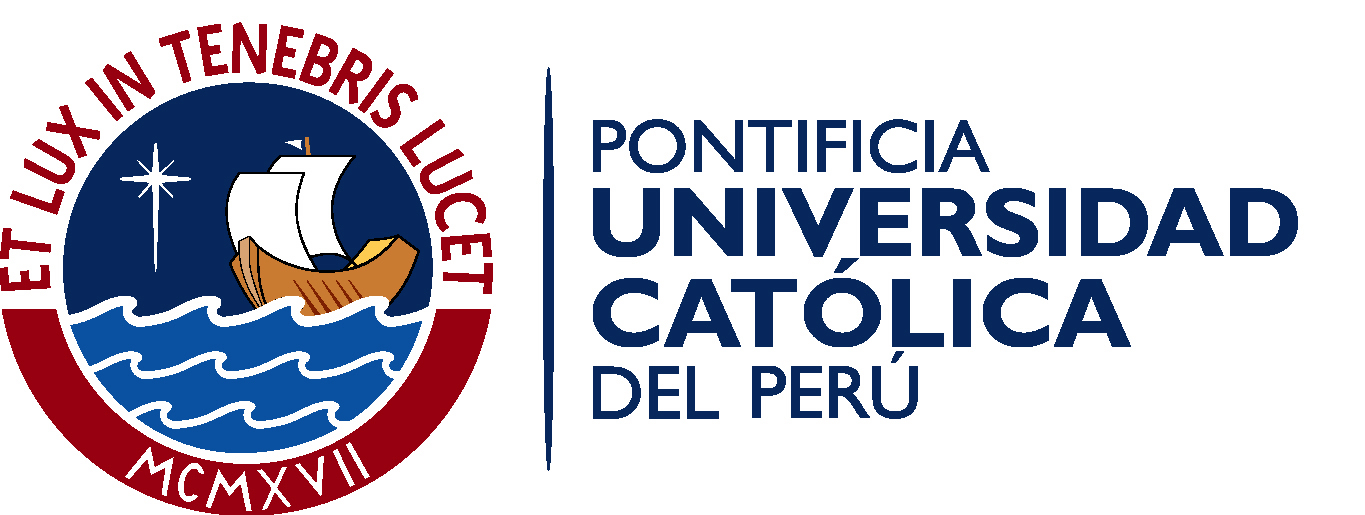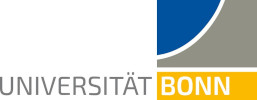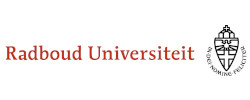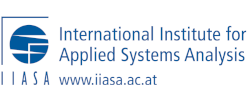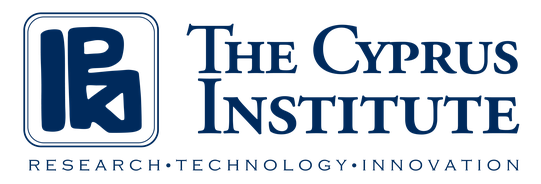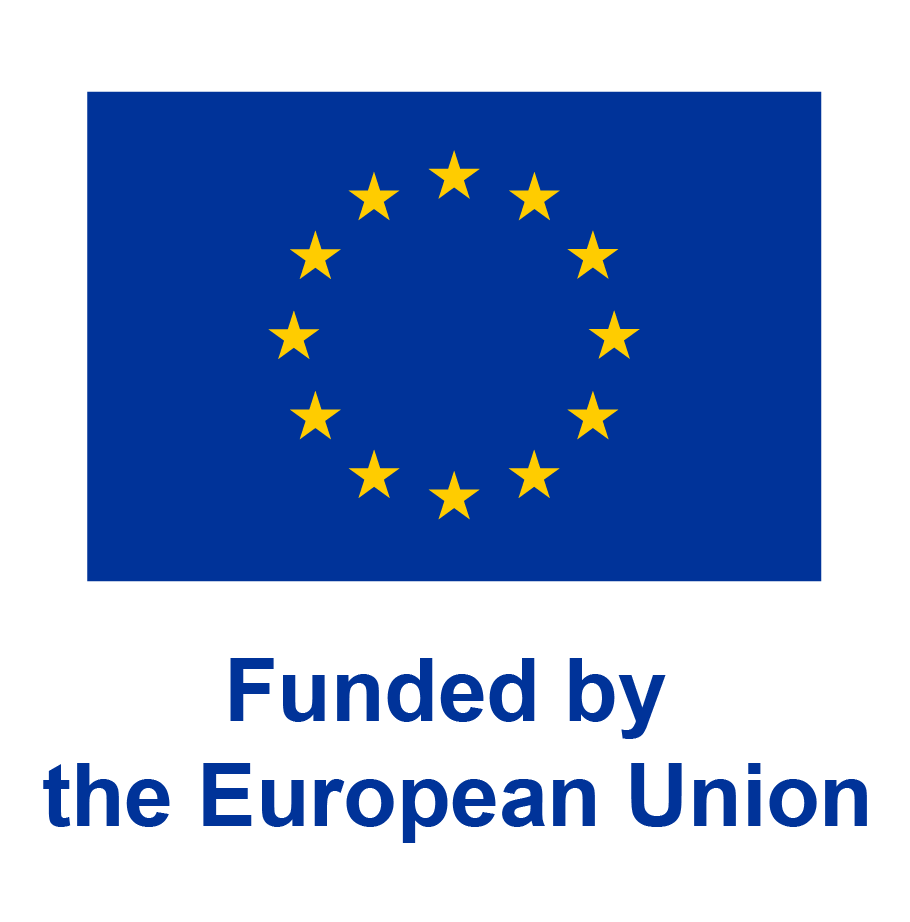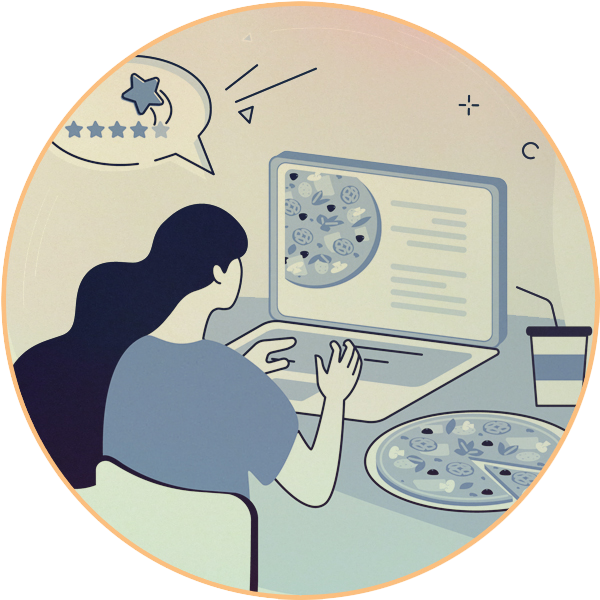
Objective of Work Package : We will integrate the findings, Associated models with and document empirical evidence into concrete recommendations to accelerate transformative change that can be implemented at different organizational levels and in different sectors.
Methodology : We will conduct three workshops (beginning, middle and towards end) to interact with a representative group of stakeholders (which we call the stakeholder reference group). These will help to identify the most relevant and interesting pathways and targets from a stakeholder perspective, give stakeholders the opportunity to correct and adjust the further work of RAINFOREST and present the final pathways and targets, models, as well as the case studies. Information from the other WPs will be combined to analyze quantitative pathways for transformative change on an EU level and we will discuss and investigate the lessons learnt from the case studies. In addition, we will set- up a calculator for the biodiversity footprint of cooking recipes, as one means to reach the general public and consumers. The outcomes of the workshops, results from the quantitative pathways analysis, lessons from case studies and recipe footprint calculator serve as input into WPs for the preparation of an outreach package.
Output : The output will be information for an outreach package (together with WP6) detailing the recommendations for how to make transformative change happen. We plan to address different stakeholders and therefore plan to use different media, such as policy/policy-business briefs, infographics as well as a footprint calculator for cooking recipes.



